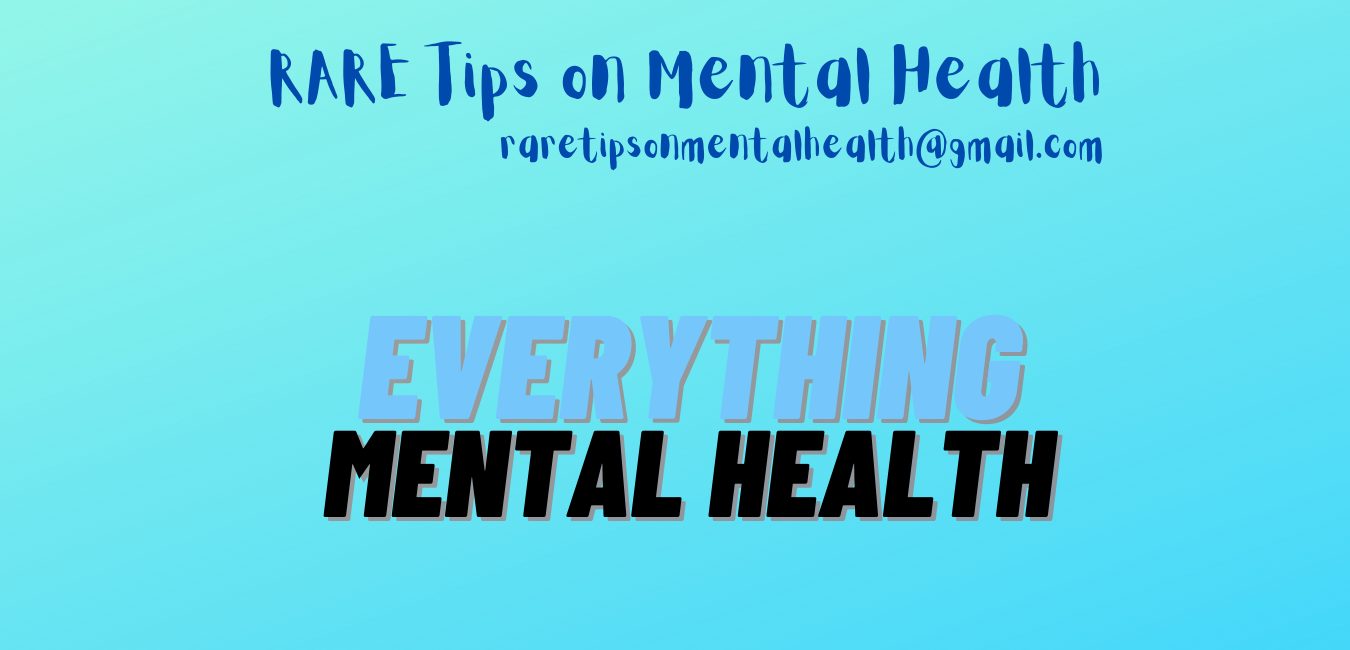Mental Health
RARE Tips on MentalHealth

Are you stressed?
“Bamidele lay on her couch feeling very sad and exhausted after having a hectic day at work. ‘Why had she been clumsy all week’, she thought. She had passed her bus stop by two stands on her way home and just now, she angrily sent her nanny off for the day and still couldn’t get anything done around the house except for successfully putting her one year old baby to sleep. As a successfully sales manager, her outcome on the last sales project was below standards. She recently got queried for her inattentiveness during meetings and low productivity. Her assistant intern and team members didn’t come around as regular because of her quick outbursts. She had become irritable and was quick to react over the slightest or no provocation at all. She barely slept these days and was always tired. Her mother’s ill health the previous month had cost her more than half of her savings, she had a new project around the corner, a baby to cater for and a whole lot to worry about and she felt really anxious about it. The demands from work and family were overwhelming and it affected her overall emotional, cognitive and behavioral functioning.”

Identifying cues of stress is an important skill for managing stress when they come. Conflicts from our relationship, work, family, friends, finances, school, environment and more can overwhelm us to a point of distress and malfunctioning.
Just like Bamidele, a lot of us are plagued with so many events around us that drain us emotionally, mentally, physically which in the long run affect our relationship with our family, work, education and environment. We begin to wonder why we snap at little things and get angry all the time, why people around us complain about our newly acquired attitude, why we feel tired even though we did no strenuous activities, why we are unmotivated and unfocused.
All these demands are called stressors and are triggered from various events such as preparation for wedding, burial, birthday, prep for an exam or job interview, meeting deadlines, expecting a new baby, stuck in traffic while running late or some life changing traumatic events like dealing with the loss of a loved one, accidents and others.
Biologically, the human body perceives any form of stress as a threat and naturally responds through the secretion of stress hormones; cortisol and adrenaline which helps prepare us to face the threat either through fight or flight. The body secretes more even when faced with emotional stress.
Any demand that makes a little change in our comfort zone predisposes us to stress and the number of negative stressful event an individual is exposed to can influence their mental and psychological health.
Bamidele suffered from chronic stress which affected her overall functioning which she was unaware of. This is why it is important for us to identify events that cause us stress and our individual pattern of response.

You should know you’re stressed when you experience the following:
- Flaring up at the slightest provocation
- Outburst of anger
- Feeling of restlessness
- Too much sleep or little sleep
- Easily irritable
- You have problems with concentration and attention
- Forgetfulness
- Indecisiveness or poor decision making
- Loss of energy or fatigue
- Rush of thoughts
- Loss of sexual desire
- complains of weakness and stomach upset
- Rapid weight loss or weight gain
- Avoidance of related thoughts, feelings or conversations.
- Reduced responsiveness or dissociation from people or things that were of interest
- Substance use such as alcohol or smoking cigarettes
Note that these experiences vary in individuals and the severity of the effect depends on the number and duration of negative stressful events experienced by the individual. Stress can be mild or severe, acute and post-traumatic and can lead to mental or physical health issues such as high blood pressure, depression, anxiety disorder, weight problems, thinking or memory problems and more.
Remember your mental health is Important and on our next post we’ll discuss tips on managing stress.
Let us know which of the aforementioned tips and what situations applied to you these past few weeks. Write to us at raretipsonmentalhealth@gmail.com

 Business1 day ago
Business1 day agoLink to Apply for FG Credit from CREDICORP

 Business1 day ago
Business1 day agoHow to Apply for NYSC ETC Quick Cash Loan (Up to N100,000)

 Education1 day ago
Education1 day agoHow to Check JAMB Result 2024 Online

 Nigeria News1 day ago
Nigeria News1 day agoHow to Apply for NYSC Business Loan 2024

 Business1 day ago
Business1 day agoA Step-by-Step Guide to Accessing FG Consumer Credit with CREDICORP NG

